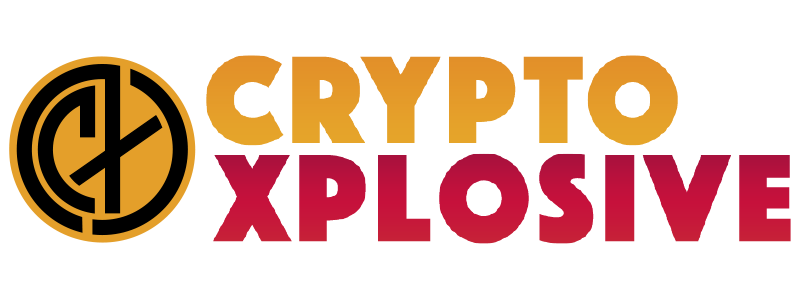Google advances mobile AI in Pixel 9 smartphones
Google has unveiled its new range of Pixel 9 smartphones, emphasising their enhanced AI capabilities.
The company released the devices much earlier than usual, as Google typically presents new Pixel models in the autumn. However, compared to previous versions, the changes in the new models are revolutionary.
The new smartphones feature more advanced integrations of Google’s AI technology. For instance, one unique Pixel feature allows users to search for information and images within their screenshots, thanks to a more deeply integrated approach. Additionally, through the Gemini chatbot, some features of these smartphones are available as overlays from other apps.
At Alphabet’s Bay View campus in Mountain View, California, Rick Osterloh, the Senior Vice President of Devices and Services at Google, informed visitors that the company plans to focus on practical applications of AI. He spent time describing the “Gemini era” to the audience, which will commence with the creation of Google’s advanced AI model.
The Pixel 9 series offers several models. The base model, the Pixel 9, features a 6.3-inch screen and costs $799. A larger alternative, the Pixel 9 Pro XL, has a 6.8-inch screen. A slightly enhanced version, the Pixel 9 Pro, offers a better camera system, though its price is higher. The final option is the foldable Pixel 9 Pro Fold.
Regarding the initial shipping date, Google stated at the event that the Pixel 9 and Pixel 9 Pro XL would ship in late August. The Pro and Pro Fold models will ship in September, with all models available for preorder starting August 13. During Google’s presentations at the event, Gemini’s new functions were showcased in a live demo, focusing on the latest conversation features. Additionally, the company announced updates to the product’s exterior design, the installation of Google’s advanced camera system, and the integration of the new Tensor G4 chip.
In addition to smartphones, the company unveiled new versions of the Pixel Watch 3 smartwatch and Pixel Buds Pro 2 wireless earbuds. The watch can track the user’s heart rate; if it stops, it will call emergency services. This feature will be available in the UK and the EU.
As reported by IDC, Google’s share in the global smartphone market was less than 1% in the second quarter of 2024. Samsung and Apple took the first and second places, with market shares of 18.9%, and 15.8%, respectively. In the US, Google ranks fourth among smartphone operating systems, holding 4.5% of the market share.
Industry analysts note that although Google Pixel is not among the best-selling smartphones, it showcases some of the benefits of the Android operating system. Android has become the dominant operating system, used by more than 80% of smartphone users worldwide. Consequently, many people, even those who have never used a Google Pixel, may indirectly experience and appreciate the features that Google products offer.
The event also touched upon Google’s further intentions and previous efforts to implement AI across its product lineup to stay at the top of the game. Not long ago, the company integrated AI improvements into its core products, including its search engine. Additionally, Google announced a content-sharing agreement it reached with Peloton. As a result, Fitbit Premium subscribers will have free access to the Peloton training class library.
(Image Credit: Google)
See also: Google’s Gemini 1.5 Pro dethrones GPT-4o
Want to learn more about AI and big data from industry leaders? Check out AI & Big Data Expo taking place in Amsterdam, California, and London. The comprehensive event is co-located with other leading events including Intelligent Automation Conference, BlockX, Digital Transformation Week, and Cyber Security & Cloud Expo.
Explore other upcoming enterprise technology events and webinars powered by TechForge here.



Comments are closed, but trackbacks and pingbacks are open.